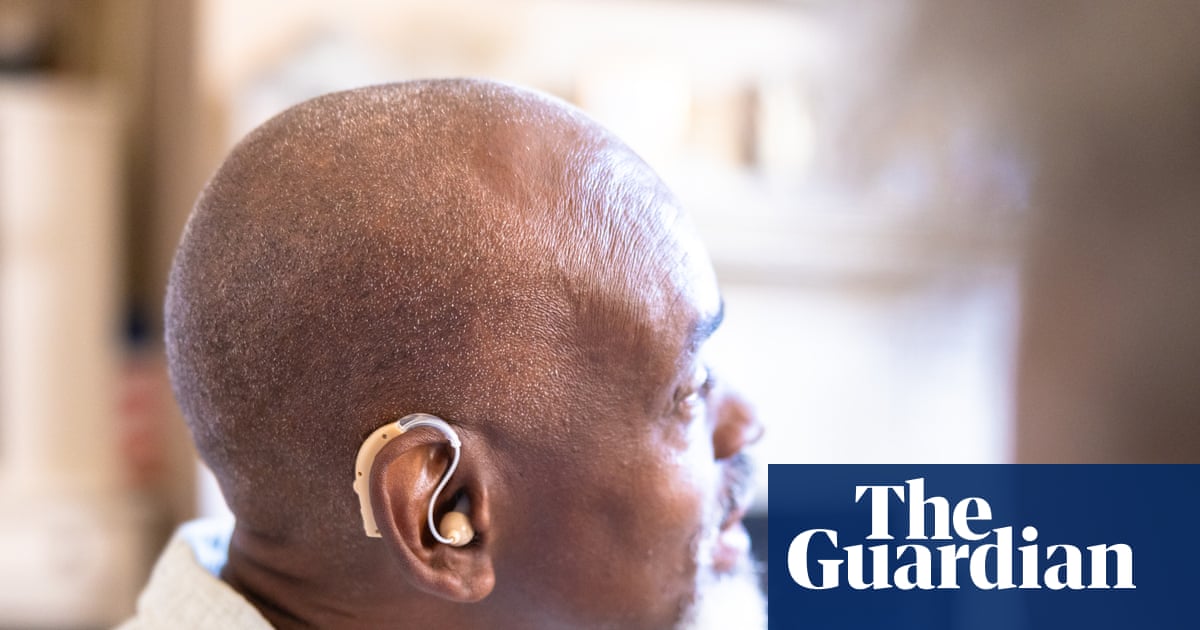T4K3.news
New study links SNAP to slower cognitive decline in older adults
Older adults in SNAP show a 10% slower cognitive decline than eligible non-participants, study finds.

A new study reveals that SNAP participants experience less cognitive decline than eligible non-participants.
SNAP participation linked to slower cognitive decline in older adults
A recent study presented at the Alzheimer’s Association International Conference shows that older adults who participate in the Supplemental Nutrition Assistance Program (SNAP) exhibit a slower rate of cognitive decline compared to those who are eligible but do not receive benefits. The research indicates that SNAP participants had a 10% slower decline in memory and thinking skills, equating to an estimated two to three additional years of cognitive health over a decade. This comes at a critical time, as potential funding cuts to SNAP could significantly affect food security and health among vulnerable populations. Dr. Linlin Da, the lead author, emphasized the potential benefits of SNAP for brain health, pointing to the program's role in reducing food insecurity, which is linked to chronic stress and cognitive deterioration. However, challenges remain, such as unanswered questions about the quality of diets among SNAP recipients and broader implications of potential policy changes.
Key Takeaways
"By improving access to nutrient-rich foods, SNAP may support brain health."
Linlin Da emphasizes the importance of SNAP in ensuring better cognitive health through improved nutrition.
"SNAP is both a lifeline for older adults and a critical public health tool."
Crystal FitzSimons highlights the essential role of SNAP for older adults and public health.
"Food insecurity is a severe and growing public health issue in America."
Kriti Jain underscores the increasing prevalence of food insecurity among older adults and its health implications.
"This funding cut could lead 22.3 million families to lose food benefits."
The Urban Institute's estimate reveals the potential widespread impact of SNAP funding reductions.
While the correlation between SNAP participation and cognitive health is clear, the impending cuts to the program could threaten these positive outcomes. Recent legislation may reduce SNAP funding by $186 billion through 2034, raising concerns among health advocates. Critics argue that these cuts could exacerbate food insecurity and-related health issues among older adults. As food insecurity can lead to poor nutrition and impact brain health negatively, the research underscores the need for policies that support access to healthy food. There is a growing recognition that food security is integral to maintaining not just physical health but also cognitive function in aging populations.
Highlights
- SNAP could mean extra years of cognitive health for older adults.
- Food security is crucial for brain health as we age.
- Research links nutrition and cognitive decline—policy change is necessary.
- Cuts to SNAP threaten the health of millions, especially the elderly.
Significant funding cuts to SNAP could affect public health
Recent legislation proposes major reductions in SNAP funding that may lead to increased food insecurity among older adults, a vulnerable population at risk for cognitive decline.
Efforts to support SNAP could safeguard cognitive health in older adults.
Enjoyed this? Let your friends know!
Related News

Study shows SNAP aids cognitive health in older adults

Long-Term Benadryl Use May Threaten Older Adults

Study finds pandemic stress hastened brain aging

New MRI test predicts biological aging and health risks

Study shows pandemic accelerated brain aging

New study links disrupted sleep to dementia risk

Higher spermidine intake linked to cognitive performance

New research reveals dementia risks for autistic individuals
